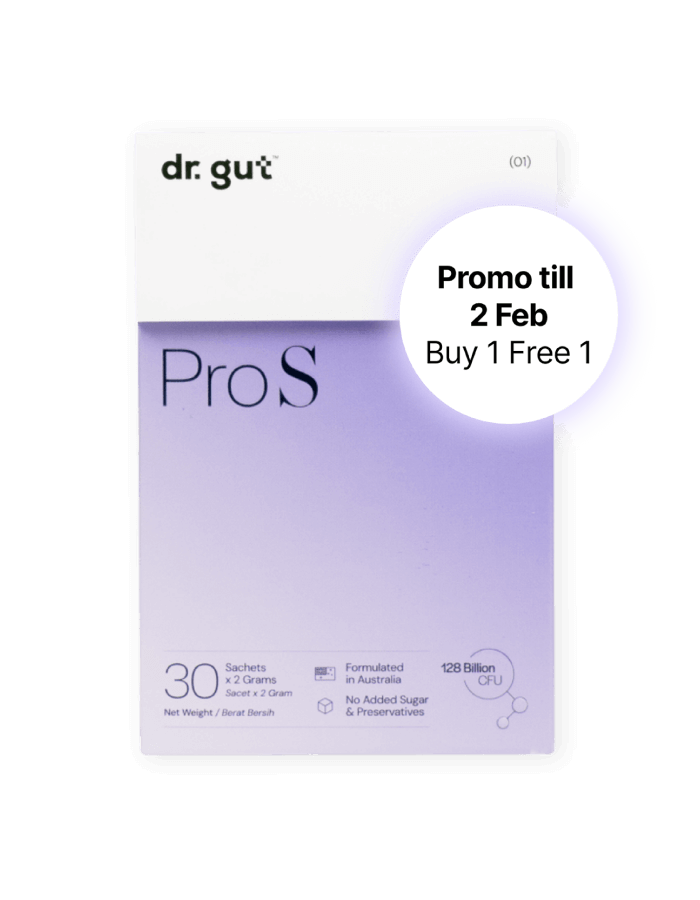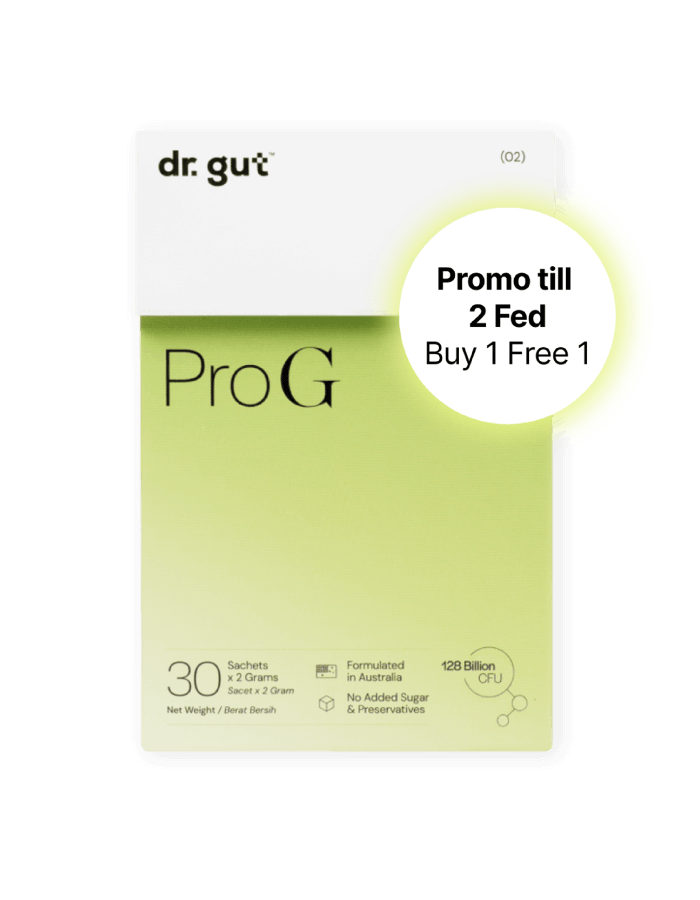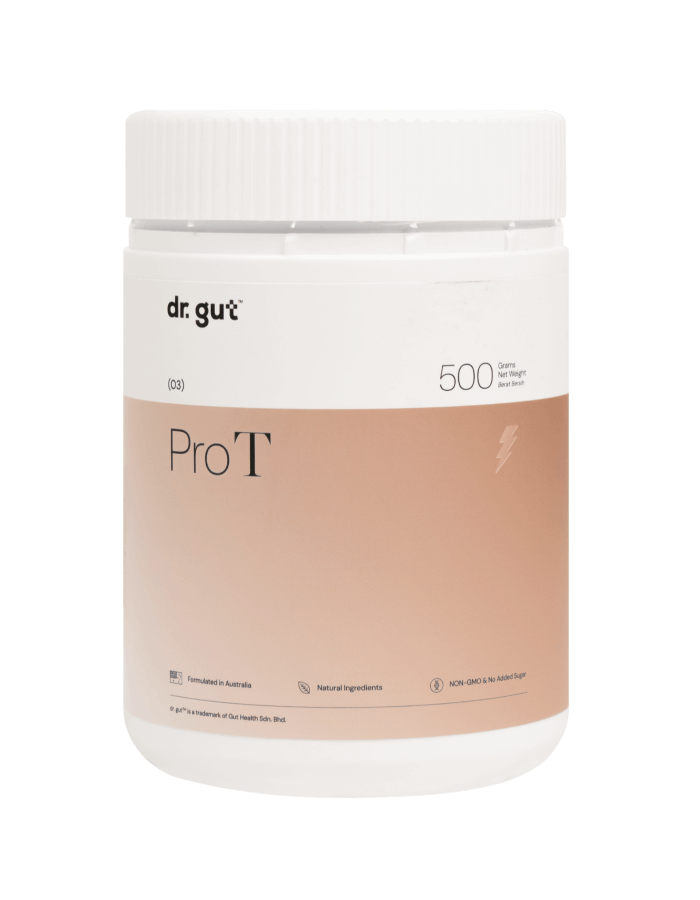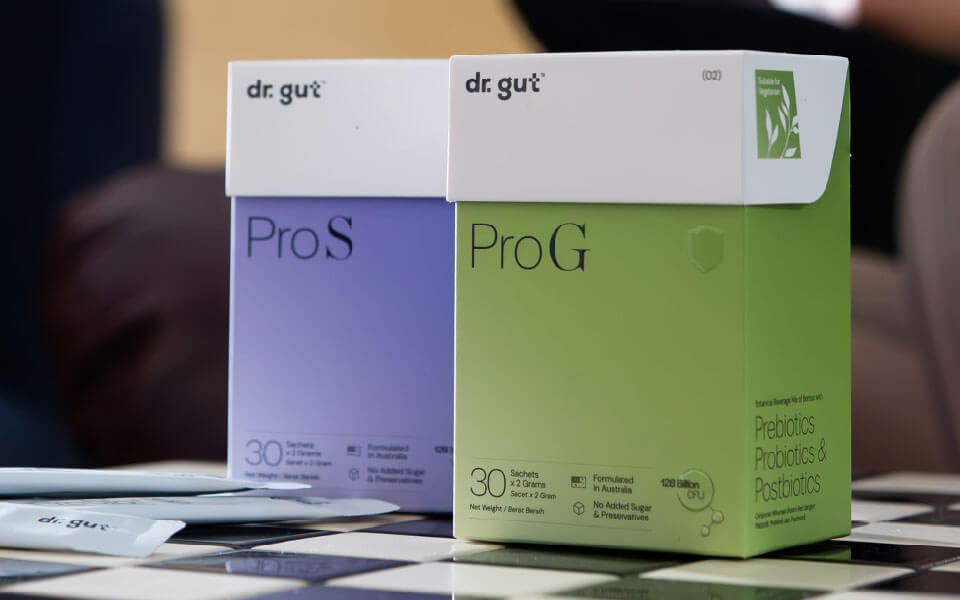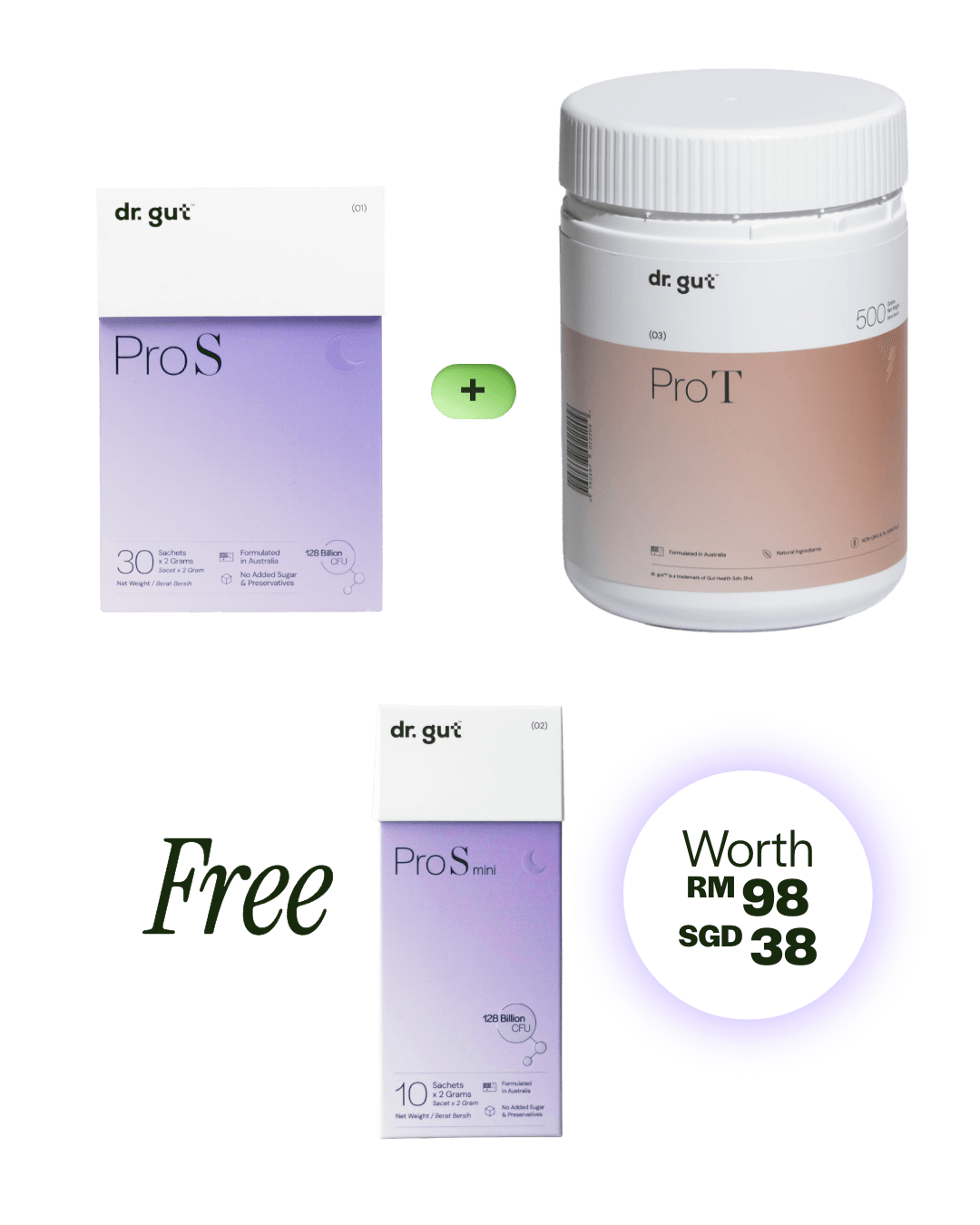Many people struggle to get quality sleep—tossing, turning, and waking up feeling just as tired as the night before. While melatonin supplements are a popular solution, they’re not for everyone. Some people experience grogginess, vivid dreams, or simply prefer a more natural approach.
That’s where probiotics for sleep come in. Recent research has revealed a surprising connection between gut health and sleep quality, making certain probiotics a safe, non-habit-forming, and melatonin-free sleep aid.
In this guide, we’ll explore how probiotics can help you sleep better, which strains to look for, and how to choose the best probiotic for restful nights.
Your gut isn’t just for digestion—it’s often called the “second brain” because of the gut-brain axis, a communication pathway between your digestive system and your central nervous system.
Inside your gut lives the microbiome—a complex community of trillions of bacteria. These microbes influence:
- Serotonin production – Around 90% of serotonin (a mood and sleep-regulating neurotransmitter) is made in the gut.
- Melatonin regulation – While you may not be taking melatonin supplements, your body naturally produces it, and gut bacteria can affect this process.
- Inflammation levels – Gut imbalances can increase inflammation, which may disrupt deep sleep cycles.
When your gut microbiome is healthy, it can help regulate sleep hormones, reduce stress, and promote relaxation—making it easier to fall asleep and stay asleep naturally.
While melatonin supplements can be effective for jet lag or occasional use, they aren’t ideal for everyone. Common concerns include:
- Daytime drowsiness
- Reduced effectiveness over time
- Potential hormone disruption
- Dependence on supplementation for sleep
A probiotic-based sleep aid works differently—it doesn’t force your body to sleep but instead supports your natural sleep cycle through gut health. This makes it a gentler, more sustainable option for long-term use.
Not all probiotics are created equal. For sleep, research suggests that certain strains may be especially beneficial:
- Lactobacillus plantarum
Boosts serotonin, GABA and reduce cortisol level.
- Bifidobacterium breve
Reduces anxiety, supports restful sleep.
- Bifidobacterium lactis
Improved cognitive and emotional function.
- Lactobacillus rhamnosus GG
Shown to help reduce anxiety and improve sleep quality through the gut-brain axis.
- Bifidobacterium longum 1714
Studied for its ability to lower cortisol (the stress hormone) and promote relaxation.
- Lactobacillus helveticus R0052 & Bifidobacterium longum R0175
This combination has been linked to reduced stress and better mood regulation, supporting restful sleep.
- Lactobacillus plantarum PS128
Known as a psychobiotic, it helps regulate neurotransmitters that influence mood and sleep.
A multi-strain probiotic containing some of these species may offer the most comprehensive benefits for both gut and sleep health.
Probiotics can influence your sleep in multiple ways:
- Balancing gut bacteria – Reducing harmful bacteria that can cause inflammation and disrupt sleep.
- Boosting serotonin and GABA – Neurotransmitters that help you feel calm and ready for rest.
- Lowering stress hormones – Helping you unwind more easily before bedtime.
- Reducing digestive discomfort – Easier digestion means fewer nighttime disturbances.
By addressing the root causes of poor sleep—rather than simply sedating you—probiotics help your body establish a healthier, more natural sleep rhythm.
When shopping for a melatonin-free probiotic sleep aid, keep these factors in mind:
- Strain specificity – Look for probiotics strain names that could help in improving sleep quality.
- Sufficient CFU count – Typically, a dose between 1–10 billion CFU is effective for sleep-related benefits. However, a higher CFU count may improve the survivability of probiotics, helping them pass through harsh environments and reach the gut at the right location to deliver their benefits.
- Delivery method – Capsules with delayed-release technology help bacteria survive stomach acid.
- Quality assurance – Choose products from reputable brands with third-party testing and clear labelling.
- Added prebiotics – Ingredients like inulin or FOS can help feed the good bacteria for better results.
- Added postbiotics - Metabolites or inactive microorganisms help reduce gut inflammation and improve the gut environment, thereby supporting the healthy colonization of probiotics.
While probiotics can help, combining them with healthy bedtime habits will maximise results:
- Keep a consistent sleep schedule – Go to bed and wake up at the same time daily.
- Avoid heavy meals late at night – Give your gut time to rest before sleep.
- Limit caffeine and alcohol – Especially in the evening.
- Create a relaxing routine – Try reading, stretching, or meditation before bed.
If you’ve been searching for a natural, non-drowsy, melatonin-free sleep aid, probiotics could be the solution you’ve been looking for. By supporting gut health, the right probiotic can help your body regulate its own sleep hormones, reduce stress, and improve overall sleep quality—without the side effects of traditional sleep supplements.

